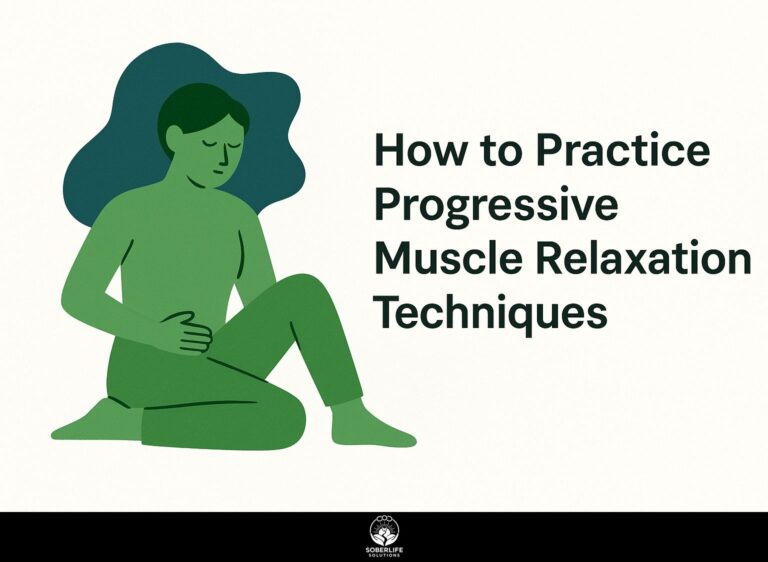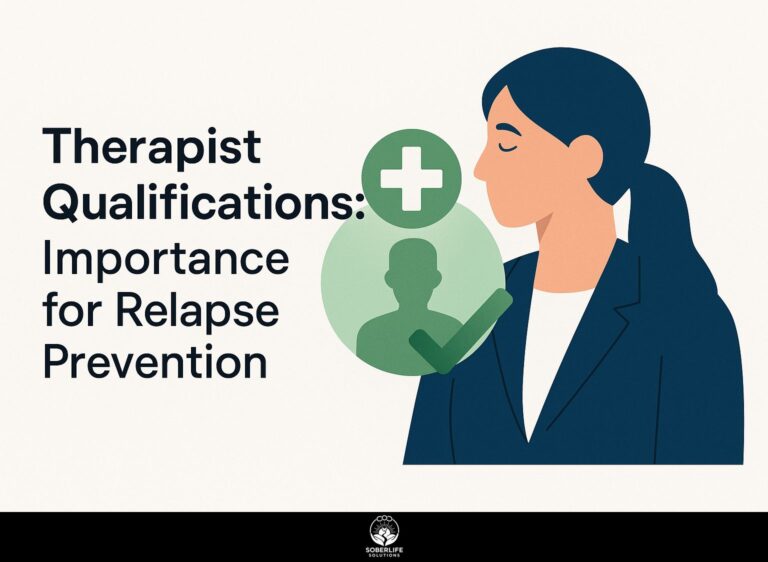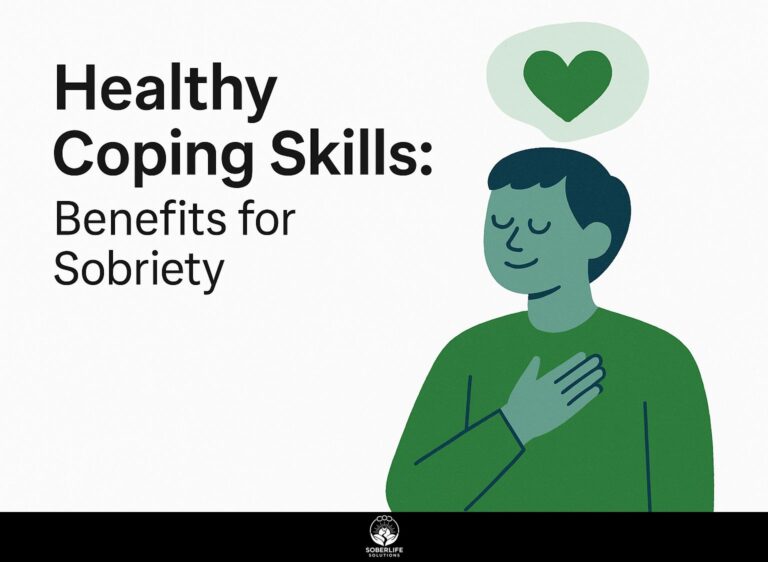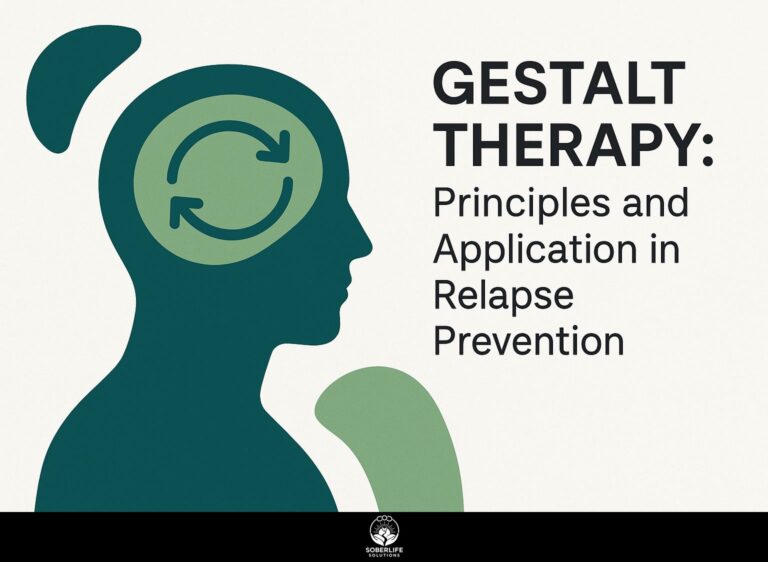Addiction Cycle: Relapse Impact and DSM Implications
Recognizing the cycle of addiction is important for people dealing with substance use problems, especially when thinking about the effects of relapse. At Icyizere Psychotherapeutic Centre in Rwanda, we examine how relapse impacts recovery and its significance in diagnostic criteria. This article provides useful information about how often relapse happens, the reasons behind it, and…




